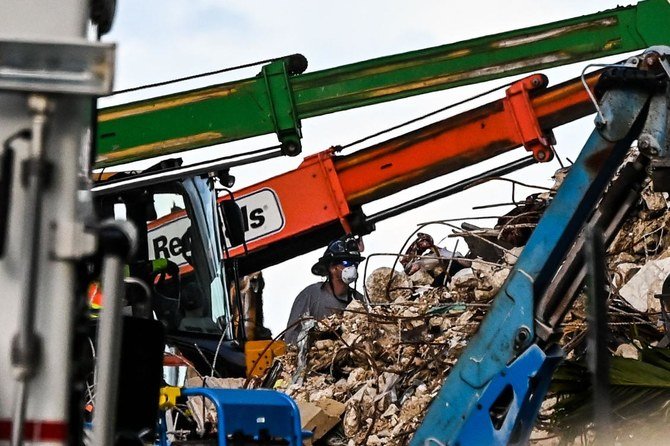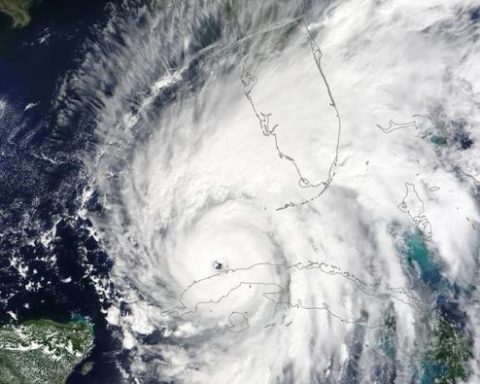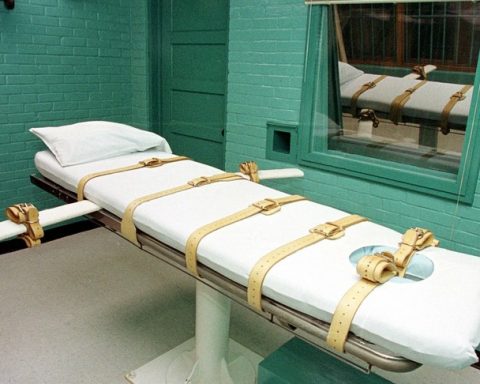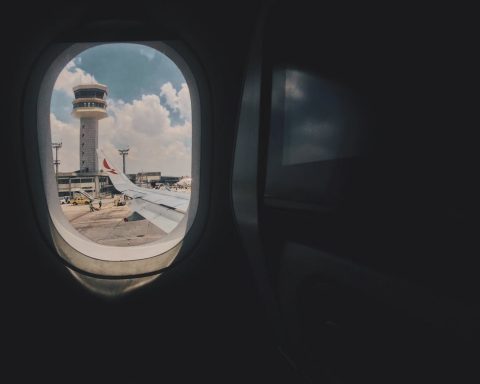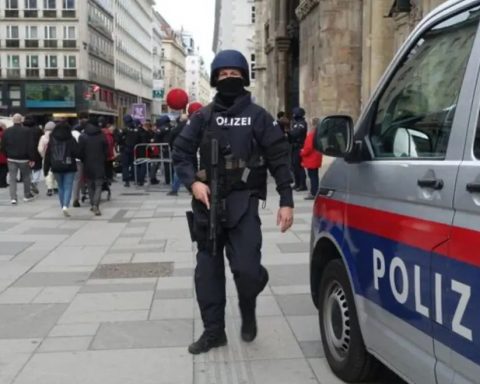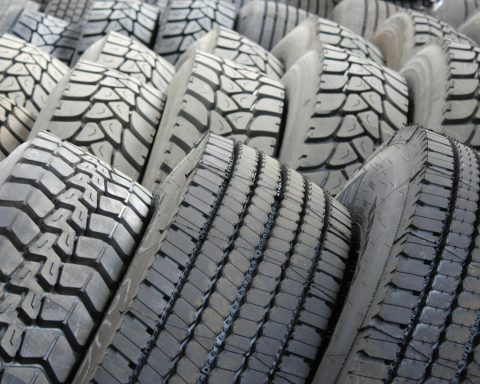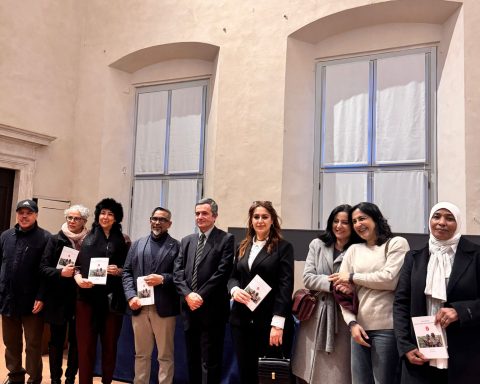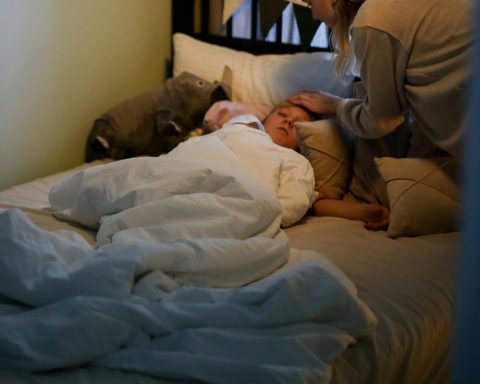Florida rescuers stay hopeful about finding more survivors in collapsed building.
Rescue workers digging feverishly for a fifth day Monday stressed that they could still find survivors in the rubble of a collapsed Florida condo building, a hope family members clung to even though no one has been pulled out alive since the first day the structure fell.
The death toll rose by just four people Sunday, to a total of nine confirmed dead. But more than 150 people are still missing in Surfside.
Families of the missing rode buses to a site nearby from which they could watch teams at work Sunday: firefighters, sniffer dogs and search experts employing radar and sonar devices.
US Rep. Debbie Wasserman Schultz said at a Sunday evening news conference that she had met with some of the rescue workers and was able to “hear the hope that they have.”
“We obviously have some realism that we’re dealing with. But … as long as the experts that we trust are telling me they have hope to find people who might have been able to survive, then we have to make sure that we hold on to that hope,” she said.
Israeli Diaspora Affairs Minister Nachman Shai, head of a humanitarian delegation from Israel that includes several search-and-rescue experts, said the professionals have told him of cases where survivors were found after 100 hours or more.
“So don’t lose hope, that’s what I would say,” he said.
Some families had hoped their visit to the site near the 12-story building would allow them to shout messages to loved ones possibly buried deep inside the pile. As they returned to a nearby hotel, several paused to embrace as they got off the bus. Others walked slowly with arms around each other back to the hotel entrance.
“We are just waiting for answers. That’s what we want,” said Dianne Ohayon, whose parents, Myriam and Arnie Notkin, were in the building. “It’s hard to go through these long days and we haven’t gotten any answers yet.”
Authorities on Sunday identified the additional four people that had been recovered as Leon Oliwkowicz, 80; Christina Beatriz Elvira, 74; Anna Ortiz, 46; and Luis Bermudez, 26. The number of people left unaccounted for was 152, said Miami-Dade Mayor Daniella Levine Cava. The last live person rescued was on Thursday, just hours after the collapse.
Miami-Dade Assistant Fire Chief Raide Jadallah explained that conditions at the site — the building pancaked when it fell — have frustrated crews looking for survivors. Alan Cominsky, chief of the Miami-Dade Fire Rescue Department, said his team is holding out hope of finding someone alive, but must continue to move slowly and methodically.
“The debris field is scattered throughout, and it’s compact, extremely compact,” he said, noting that teams must stabilize and shore up debris as they go.
“We can’t just go in and move things erratically, because that’s going to have the worst outcome possible,” he said.
Among the tools rescuers used was a microwave radar device developed by NASA’s Jet Propulsion Lab and the Department of Homeland Security that “sees” through up to 8 inches (20 centimeters) of solid concrete, according to Adrian Garulay, CEO of Spec Ops Group, which sells them. The suitcase-size device can detect human respiration and heartbeats and was being deployed Sunday by a seven-member search-and-rescue team from Mexico’s Jewish community.
Levine Cava said six to eight teams are actively searching the pile at any given time, with hundreds of team members on standby ready to rotate in. She said teams have worked around the clock since Thursday, and there was no lack of personnel.
President Joe Biden said in a statement he spoke with FEMA Administrator Deanne Criswell about efforts on the ground after Criswell visited the site. Biden said his administration is prepared to provide assistance and support.
“This is an unimaginably difficult time for the families enduring this tragedy,” Biden said. “My heart goes out to every single person suffering during this awful moment.”
Crews spent Saturday night digging a trench that stretches 125 feet long, 20 feet across and 40 feet deep (38 meters long, 6 meters across and 12 meters deep), which, she said, allowed them to find more bodies and human remains.
Earl Tilton, who runs a search-and-rescue consulting firm in North Carolina, said rushing into the rubble without careful planning and execution would injure or kill rescuers and the people they are trying to save.
“Moving the wrong piece of debris at the wrong time could cause it to fall” on workers and crush them, he said.
But Tilton agreed families were not wrong to continue holding out hope. During past urban rescues, he said, rescuers have found survivors as long as a week past the initial catastrophe.

